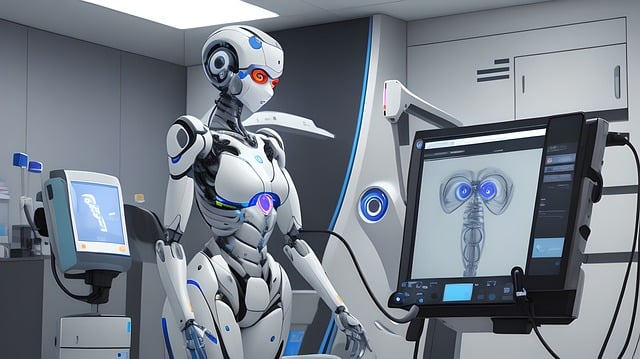A look at the new Skilled Labor Immigration Law. And it's moving after all?
 As of June 21, 2023, the "Draft Law on the Further Development of Skilled Worker Immigration" was passed in parliament. The provisions of which will come into force at various times largely within the next eight months. Lawmakers hope the new regulations will increase immigration for employment by 60,000 people a year. To anticipate, the German government is moving in the right direction.
As of June 21, 2023, the "Draft Law on the Further Development of Skilled Worker Immigration" was passed in parliament. The provisions of which will come into force at various times largely within the next eight months. Lawmakers hope the new regulations will increase immigration for employment by 60,000 people a year. To anticipate, the German government is moving in the right direction.
Opportunities for immigration of skilled workers are being expanded and Germany made more attractive as a country of immigration. In other words, Germany is now really understanding itself as an immigration country. The current standard is for those with documented skills (officially branded as "skilled labor pillar").
In future, employment immigration will also be possible via professional experience and without a degree recognized in Germany (officially branded as "experience pillar"). In addition, the "potential pillar” comes. The possibility of an employment permit will be opened via other biographical and knowledge characteristics – e.g. age and language skills. The law contains new possibilities for “changing lanes” both to training titles from refugee status and the conversion of the “training toleration” into a residence permit. Until now, the legal understanding was coping with a person who has fled and cannot be legally returned home. Now the law wants to integrate him into the “empty” labor market.
Unfortunately, measures to optimize the authorities’ workflow have not been considered at all. However, it is precisely these problems that authorities do not give appointments and many more that if not only delay but typically more obstruct successful immigration. Improving these facts will make things a lot easier – for everyone! The new law has not solved these problems.
There is a lot wrong with the administrative processes. The shortage of skilled workers also affects the administration. Even in cases of a Blue Card, the certificate check by the Federal Labor Agency often takes months instead of two weeks as planned. The Federal Labor Agency offers to submit applications via its online portal. However, it only sends the notifications of preliminary approvals by snail mail. According to the requirements of many embassies, the preliminary approval must still be submitted as an original / hard copy / wet-ink copy. These copies must be obtained at great expense using DHL & co. This is demanded even though the consulates have a reliable resource: foreigners central database. They have 24/7 access to this online database. Outsourcing visa applications to the vendor VFS is not always a boon. In some places, applicants are sent back home with a printout of the visa application form if it was not completed through VIDEX. Using VIDEX is actually only one option – based on official implementation rules. These examples are only the tip of the iceberg. Until these structural problems, which are not just personnel issues, are addressed, even well-intentioned legislation will miss its mark.
